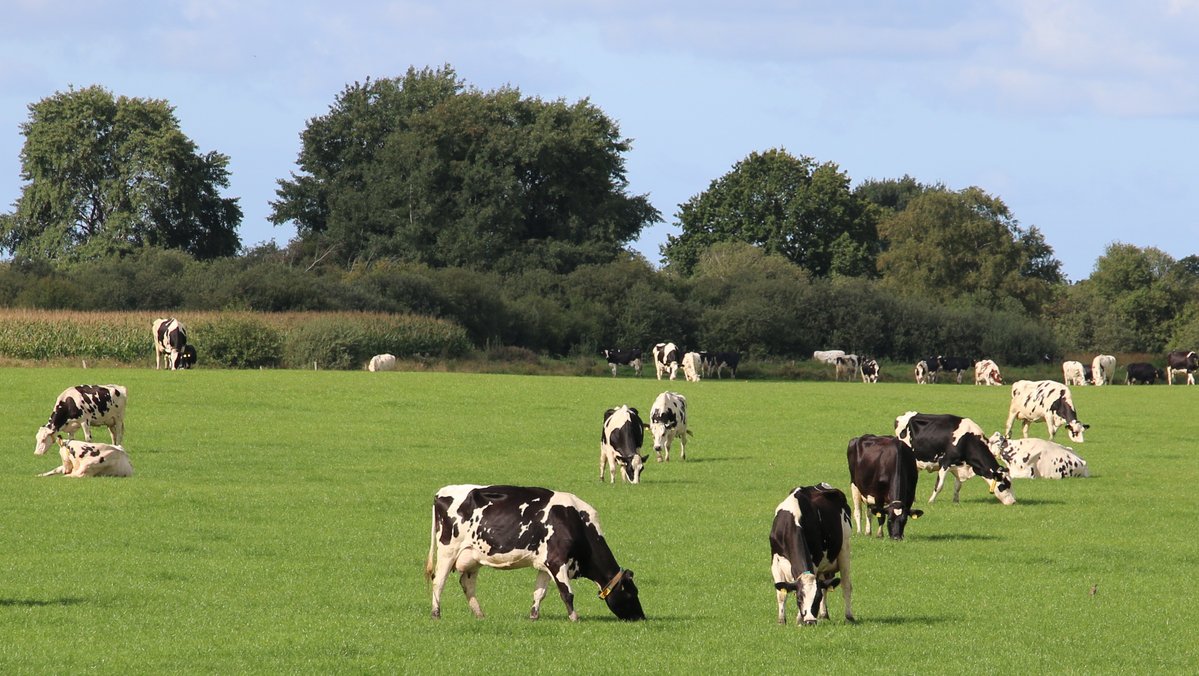Project description
Grazing plays a central role in sustainable agriculture and the conservation of biodiversity. However, there are challenges related to animal health, parasite infestation and the genetic improvement of grazing cattle that need to be addressed in order to support and further develop this practice.
The project aims to strengthen pasture grazing. To this end, the effects of anthelmintics (dewormers) on the biodiversity of pastures will be analysed. A treatment concept will be developed that takes into account both nature conservation through reduced use of anthelmintics and animal welfare. At the same time, the animal health and parasite load in pasture farming at different locations and with different cattle breeds will be assessed. To this end, comprehensive data from the areas of husbandry, performance, individual animal and herd health and laboratory diagnostics are being collected.
Another focus of the project is the development of genome-based pasture breeding programmes. An online survey of dairy farmers is used to record the current status of grazing in milk production. This information is incorporated into the breeding programmes. In addition, the genomic characterisation of the German Shorthorn breed is being carried out. Initial analyses of the genetic diversity and ancestry of the German Shorthorn will examine the relationships between international Shorthorn populations in order to strengthen the breed for use in nature conservation.
The project aims to provide comprehensive findings on deworming management and its effects on animal health and on the diversity of flora and fauna in order to derive optimal action plans for future pasture management. In addition, an index breeding value for the Holstein Friesian breed will be established. The Shorthorn breed, which is particularly interesting for extensive grazing, is to be strengthened through transnational networking. In particular, breed characteristics that are important with regard to future environmental conditions will be considered. In the long term, farms that practise or wish to introduce grazing are to be supported with new knowledge and special breeding tools in order to ensure sustainable and biodiversity-promoting cattle farming.

